● Collaborative learning with researchers from a wide range of fields
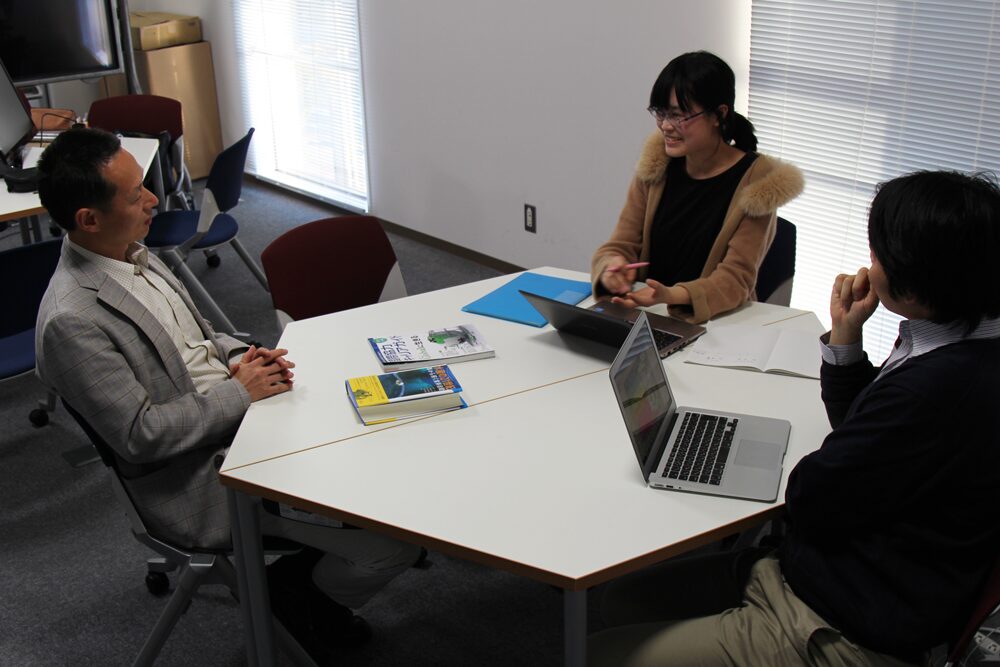
Multiple supervisor system and transdisciplinary research group to practice cross-disciplinary research
To help students acquire a solid foundation in various fields and approach problem-solving from a broader perspective, a multi-advisor system has been established. This system involves collaboration among full-time faculty members and faculty from other graduate schools and research institutes within the university to support students' education and research. Upon admission, students are assigned a faculty advisor based on their preferences and area of specialization. In consultation with this advisor, they are then paired with additional research advisors from other graduate schools, if necessary.
Additionally, the Graduate School of Integrated Studies in Human Survivability has established several cross-disciplinary research groups focused on a range of social issues. Unlike in traditional graduate schools where students belong to a single laboratory, students at this center can participate in multiple research groups based on their interests. This setup allows students to gain a diverse educational experience through interaction with faculty and peers from various fields, in addition to their academic advisors.
As part of the requirements for advancement and completion, students must attend at least six semester-long seminars and make a minimum of three presentations at those seminars.
● Engaging in challenging learning experiences with top leaders from Japan and abroad
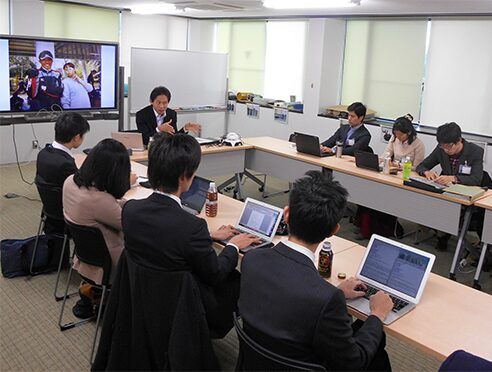
Industry-Government Collaboration Special Seminars: Jukugi
These lectures foster in-depth discussions with top leaders from diverse sectors of society. Through debates on real-world issues, it aims to heighten problem awareness and enhance diverse perspectives, logical thinking, and effective communication skills. Leaders from international organizations, government agencies, corporations, NGOs, and other fields are invited to participate.
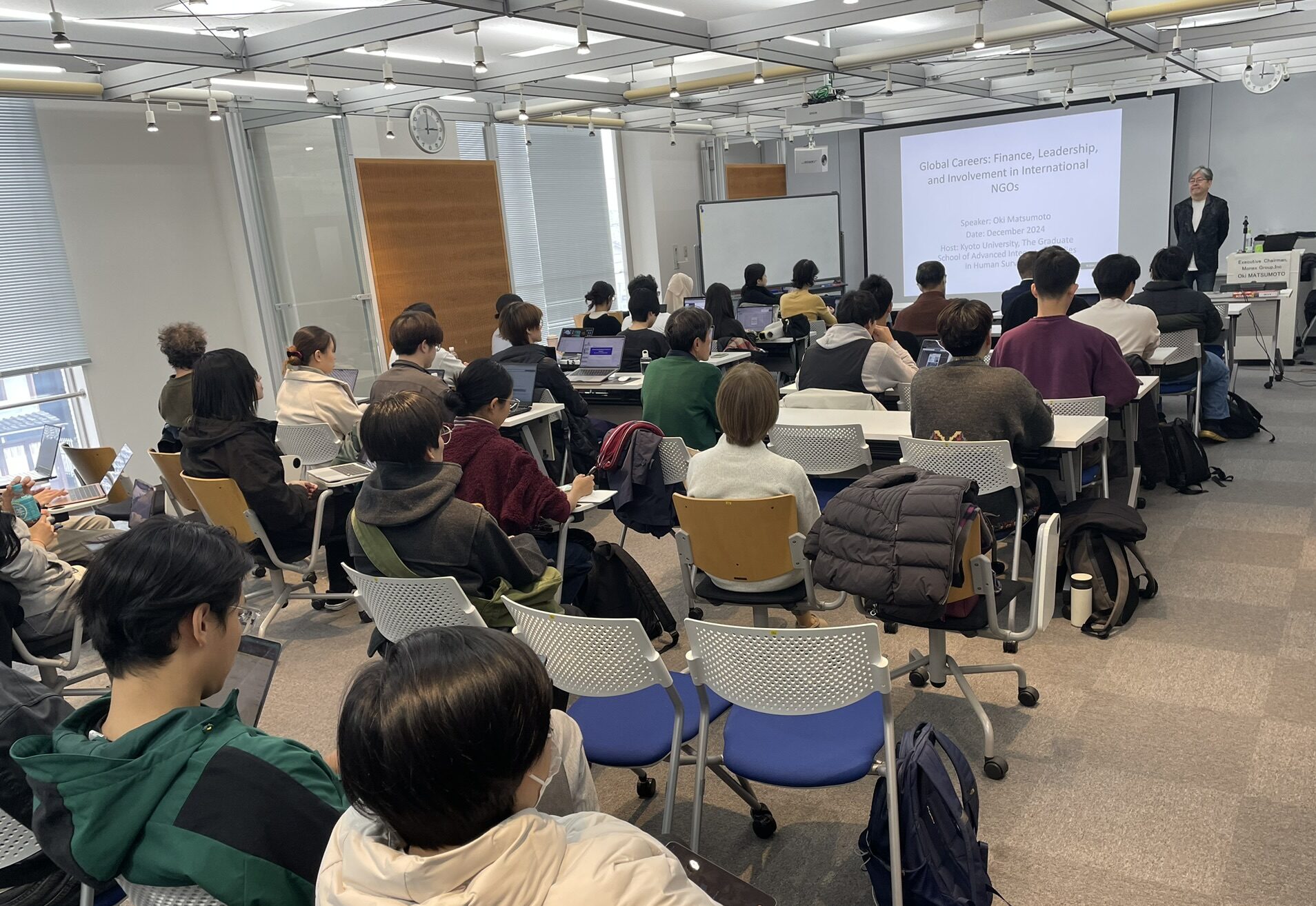
International Education Seminar
Top leaders from the United Nations, other international organizations, government agencies, and beyond are invited to deliver lectures and engage in dialogues. Through these sessions, students will gain the knowledge and skills essential for building a global career.
● Real-world learning to become a true global leader - facing challenges, enduring hardships, and stepping out of your comfort zone.
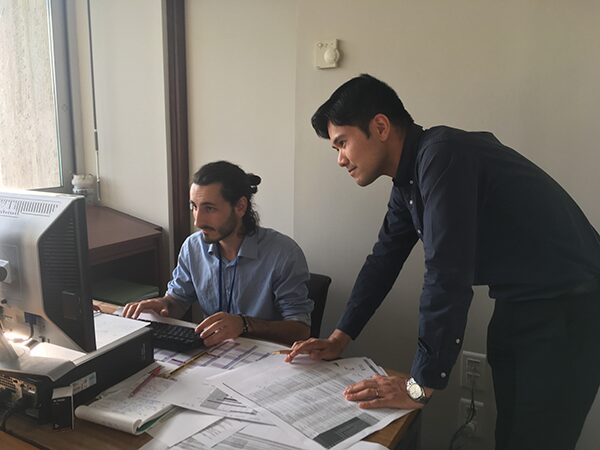
Social Practice Course (Musha Shugyo/PBR)
To attain knowledge and experience that can be practically applied to address emerging social issues, students in their third through fifth years participate in international practical activities known as Musha Shugyo (warrior training). The purpose of this program is to help students identify their position within a global context, cultivate a sense of responsibility as international leaders, and develop the ability to approach challenges with an integrated mindset. Additionally, the program aims to foster comprehensive, globally-oriented abilities, social awareness, and leadership skills.
Students can choose an international organization, company, or other entity that aligns with their interests, and, with the support of their academic advisor and the graduate school, negotiate an internship placement. The faculty advisor assists with selecting the internship site, negotiations, and remains in regular contact with the student via e-mail and video conferencing during the dispatch period. The advisor may also visit the site to provide guidance as needed. While students are encouraged to secure their own funding for the program, the graduate school will provide financial support for travel and certain accommodation expenses, if necessary.
Past internship destinations have included international organizations such as the UN, IEA, OECD, as well as corporations and NGOs. While the program primarily focuses on overseas placements, international students may sometimes be assigned to organizations in Japan for their practical training.
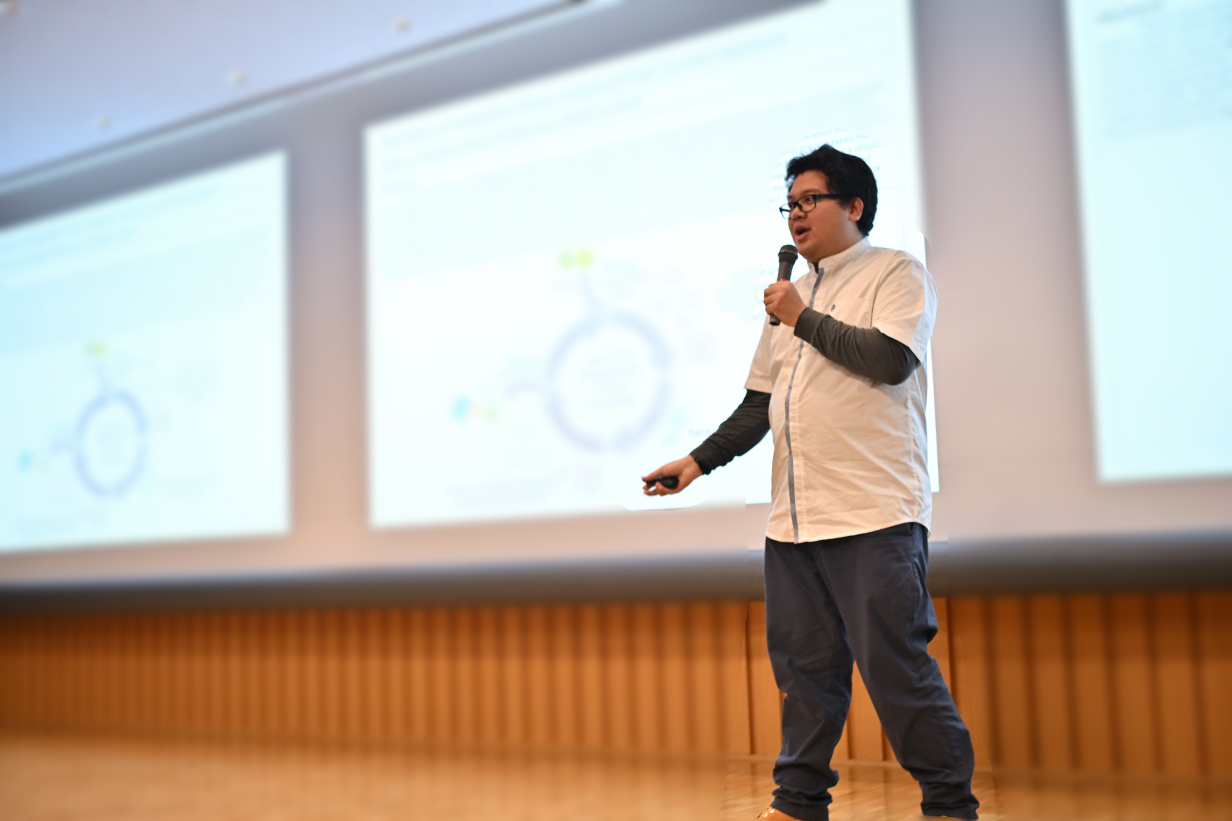
3MT(Three Minute Thesis)
The Three Minute Thesis (3MT) is a research presentation contest in which students present their research vision and its significance in a clear and engaging manner within a strict time limit of three minutes, using only a single research concept figure. The top three winners will receive awards and financial support for their future research activities. 3MT is student-driven, including the judging process, and aims to enhance communication and presentation skills while fostering a wider perspective on research.

